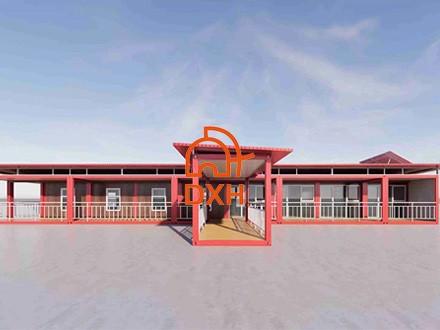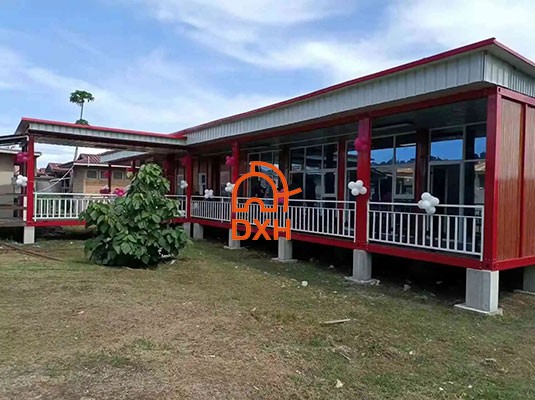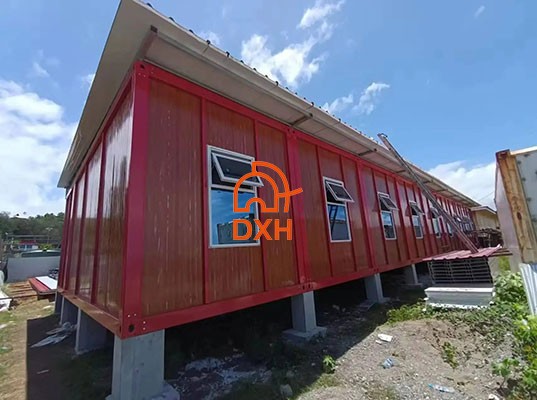Access to healthcare infrastructure is a key factor in improving public health, especially in areas where medical facilities are lacking. This case study explores the provision of hospital container facilities and specialized autopsy suites in response to the health situation in the Solomon Islands.

In a concerted effort to improve health care in the Solomon Islands, a group of hospitals and autopsy suites consisting of prefabricated container buildings have been successfully constructed and put into use. The project aims to improve facilities that can be used for medical treatment, diagnosis, and potentially specialized forensic analysis, such as autopsy suites, which can provide functions similar to forensic detoxification laboratories, depending on their specific configuration and use.
These modular facilities were designed and constructed with functionality and adaptation to the tropical environment of the Solomon Islands in mind. For example, the main body of the autopsy suite is finished in a wood grain color with a striking red frame. This aesthetic choice was likely based on both local material availability and preference, as well as the need for a durable and easily recognizable structure.
The exterior corridors of these container units are paved with plastic wood flooring. The flooring is durable and weatherproof, providing a comfortable, non-slip surface in wet climates. The interior of the structure is lined with decorative panels, giving the container medical facilities a clean, professional look. The roof structure of these hospital containers is a single-slope design, which is an efficient drainage solution for areas with high rainfall.

The strategic placement and use of these new container hospital and autopsy room facilities are intended to improve the quality and availability of medical services in the Solomon Islands. By increasing the number of available beds and providing dedicated surgical and analytical clinics, the donation aims to relieve pressure on existing medical infrastructure.
The addition of the autopsy rooms is of particular interest. While they play an important role in pathology and medical training, their potential use in supporting forensic analysis, including toxicology related to antidotes, could significantly enhance the country's ability to handle complex medical care. This specialized capability is essential for diagnosing the cause of illness or death and informing public health responses.

The donation of these container hospitals and autopsy rooms represents an important step in strengthening the medical infrastructure in the Solomon Islands. The project is a practical design, uses materials adapted to the local climate, and features a general hospital and specialist facilities, highlighting a precise response to local health conditions. The project is a positive example of how targeted donations of prefabricated medical units can quickly increase a country's ability to provide basic health services to its people.
Our hours
Monday to Sunday: 9 AM - 6 PM
(all hours are Eastern Time)